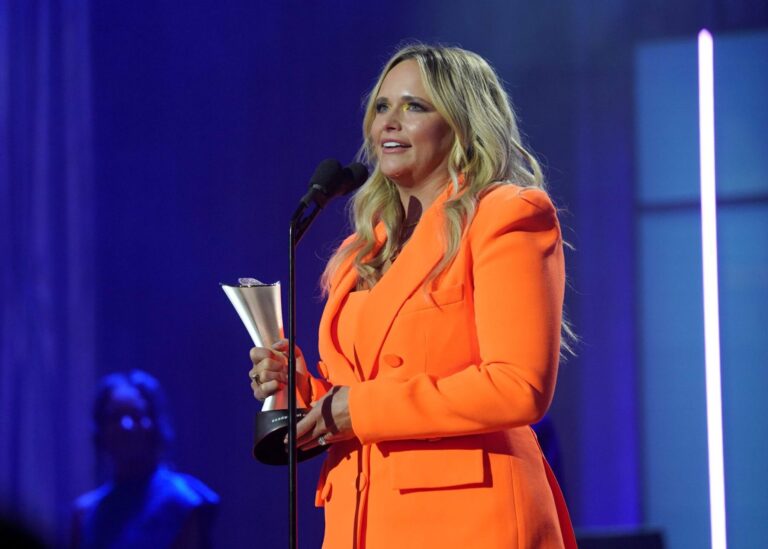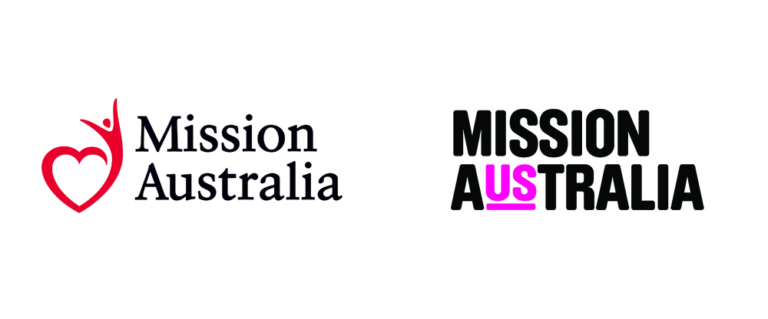Kernot airs concerns about factory
KERNOT residents argue a proposal to build a dairy factory in their community will affect the quality of local roads.
Chinese company YoYou Dairy plans to construct a milk bottling plant, cool room storage facility, free stall barn and an effluent treatment plant on a Kernot dairy farm.
Six to seven trucks will service the factory daily if the proposal is approved, transporting milk to be sold in Victorian stores and exported to China.
Concerned locals attended a meeting at the Kernot Hall on Thursday night. The discussion was led by Bass Coast Shire Council representative, developers from Dairy Constructions and consultants from engineering firm GHD, who are assisting with the planning application process.
Jon McNaught, Gippsland regional manager of GHD, said the trucks would only operate during daylight hours.
Kernot resident Lisa McPherson was not satisfied.
“We are on a tourist road. We have people on push bikes and motorbikes everywhere,” she said.
“My children cross the road to catch the bus so I’m concerned for their safety with the trucks going by.”
The proposed factory site is 1010 Loch-Kernot Road, where the speed limit is 100km/h.
Bass Coast Shire Council’s development approval manager Rebecca Mouy suggested residents contact VicRoads to lobby for the speed limit to be reduced.
Residents are also concerned about the cost of potential road damage.
“We’re not happy,” Glen Forbes resident Sylvia Collett said.
“What will happen to the roads? Where will our taxes go? Where is the community benefit?”
Bob Krog lives across the road from the proposed site on the Loch-Kernot Road and is firmly against the plant.
The state of the roads is one of his biggest concerns.
“I don’t care who owns it, I’m worried about the locals. Who’s going to pay for the roads once the trucks have come through?” he said.
“These are little country roads. They aren’t built for B-doubles.”
Many residents believe the proposed site is not appropriate.
“I’m horrified,” former owner of the site Marie Trigg said.
“There are too many gaps in the company’s knowledge. It is a very wet property. Once there is heavy rain, it will flood. It would be a big mistake.”
Though GHD claimed there was sufficient water supply on site, residents are worried drought will affect the community if the plant requires extra water during the summer months.
Leongatha’s Ron Wangman believed the factory should be built further away from communities.
“Bass Valley is pristine,” he said.
“An industry like this would be better suited in the Western District.”
Ms McPherson would prefer to see the plant built in an industrial zone.
“We built our house in Kernot 12 years ago. We had to build where no one could see us and we could only build a single storey house because Kernot is entirely farming zone,” she said.
“There are oodles of industrial zones in Lang Lang, Wonthaggi, Korumburra and Leongatha. This factory should go in an industrial zone. That’s why we have zones. ”
GHD claimed the company would follow the intent of the farming zone clause in council’s planning scheme by continuing to use the land for agriculture, encouraging retention of the land, and developing the land based on comprehensive and sustainable management practices.
Milk processed by the factory will be produced by 1000 cows, which has sparked concerns about noise and smell.
“The plant will use equipment similar to dairy farms. The equipment is slightly larger but it will be installed inside to reduce noise,” Mr McNaught said.
“We are building an effluent handling facility on site to process waste water. Excess water will be irrigated onto pasture and crops during summer and stored in existing dams during winter.”
Ms McPherson said the plant would visually impact the community.
“We want to keep Kernot beautiful. It is a hamlet,” she said.
Local farmers are also against factory farming. The cattle will be kept in barns – particularly during the winter months – for shelter and supplementary feeding.
Mr McNaught said the cattle would be able to come and go from the barn, but many farmers believed the cows would be vulnerable to lameness, mastitis and other diseases while in the confined space.
“The farmers have fair concerns. However, leading technology used in the barns has shown to improve animal health,” Mr McNaught said.
Ms McPherson believed the cows should graze naturally and said factory farming does not comply with RSPCA guidelines.
It is now up to the residents to make submissions to council, ahead of council determining whether or not to approve a planning permit for the development.
“Council relies on local knowledge for complaints,” Ms Mouy said.
“Nothing has been decided yet.”
Residents are able to write letters to council to express their opinions.
There is no closing date for submissions. All letters will be read and considered by council up until a decision is made in late autumn.

Under scrutiny: from left, Sylvia Collett, Peter Collett and Peter Watson from Glen Forbes looked over the plans for the Kernot dairy factory proposal on Thursday.
Short URL: /?p=13758






